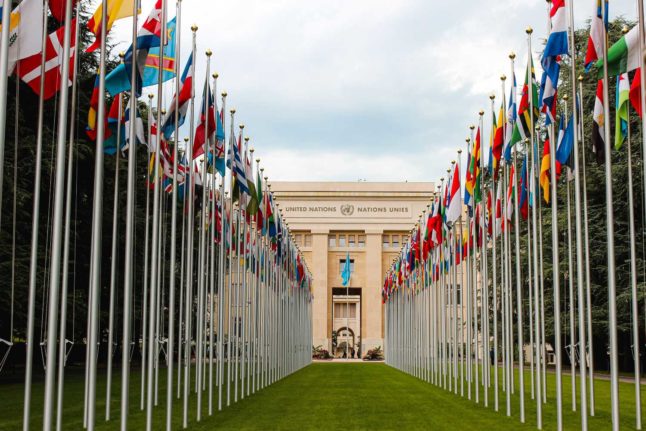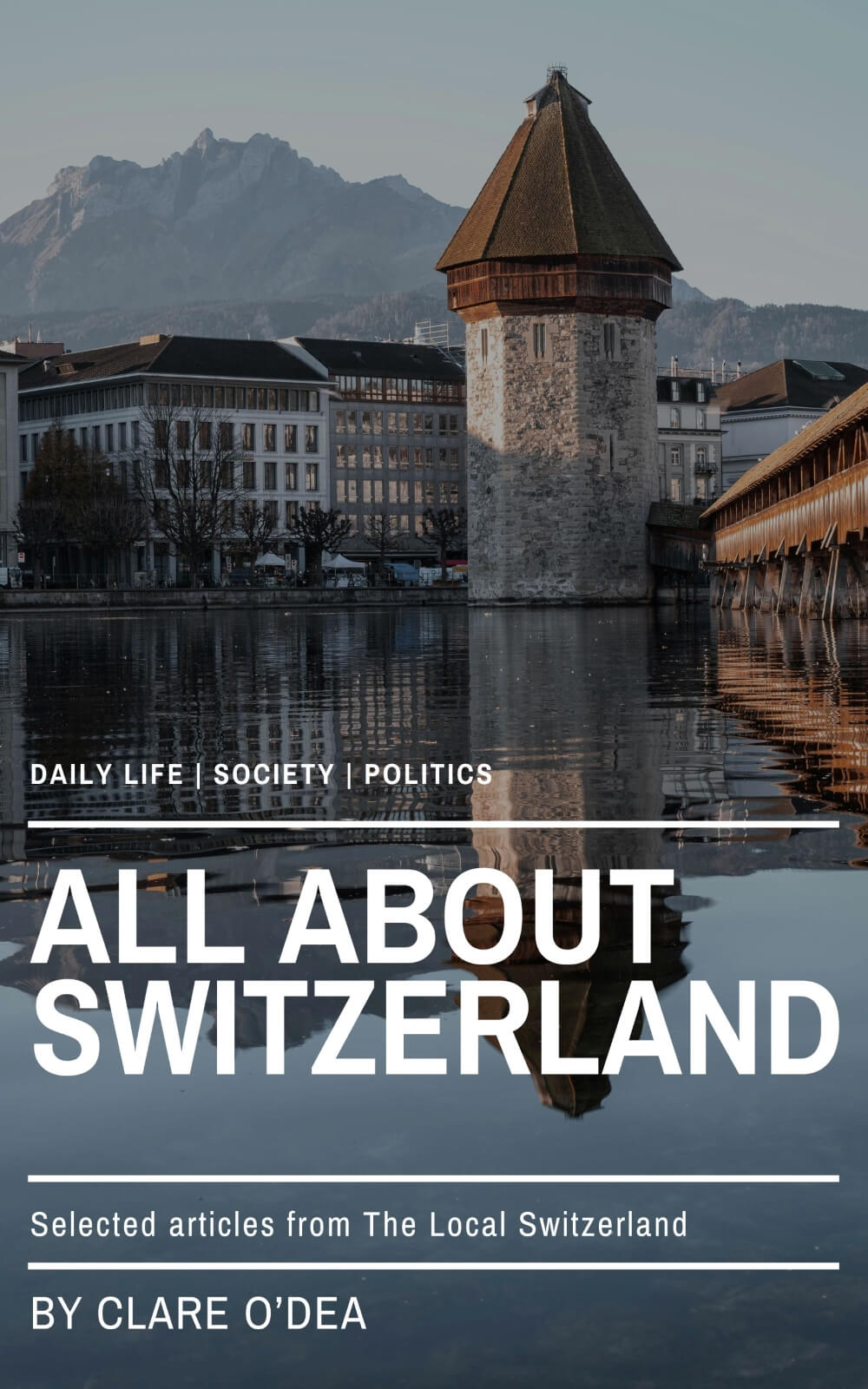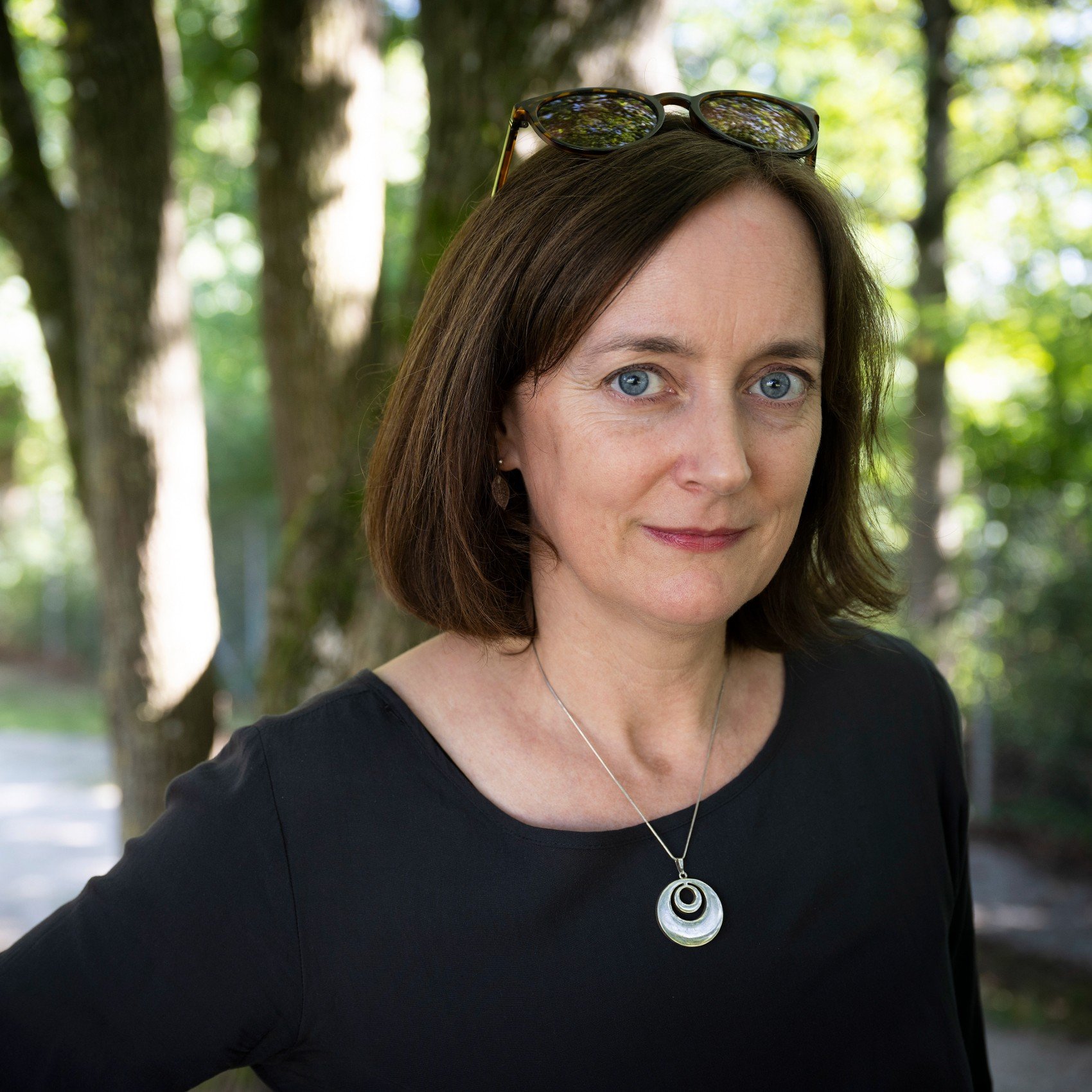A group of left-wing organisations and trade unions have launched a constitutional initiative which aims to extend the political rights of foreigners at a cantonal level.
The initiative, which was launched on Thursday, is called “A life here, a voice here… Let us strengthen our democracy”. They have until early August to collect the necessary 8,157 signatures.
About 40 percent of Geneva’s population is made up of foreign nationals, the highest proportion of any canton in Switzerland.
While they have a right to vote on municipal issues, they have no political rights at the cantonal level.
The initiative would allow Geneva’s foreign residents to vote on cantonal issues, including referenda, however they would still be restricted from taking part in federal votes.
Currently, only Neuchâtel and Jura grant the right to vote to foreigners on cantonal issues, while many others allow foreigners to vote in municipal elections.
The initiative wants to include foreigners in the Geneva political process.
“(They can’t vote) [h]owever, they finance these public policies through their work and their taxes and contribute directly to the social, cultural and economic life of the canton.”
Will foreigners get the right to vote at a federal level?
One in four residents of Switzerland are unable to vote due to not being Swiss citizens, which would make them a sizeable voter block.
READ MORE: Will foreigners in Switzerland finally earn the right to vote in federal elections?
Over the years, several efforts to grant restricted or unrestricted voting rights to foreigners have failed.
In early 2022, Switzerland’s Greens had lodged a proposal to provide foreigners resident in Switzerland for five years with rights to vote and to be elected at a federal level.
Despite support from Switzerland’s Social Democrats, the measure was rejected by 17 votes to 8 in the SPK-N.
Those opposed to the measure said no change was necessary, with anyone wanting to gain voting rights free to apply for naturalisation, Swiss news outlet Watson reports.
According to procedure of the State Political Commission, Switzerland’s National Council will now decide on the matter, however prospects of success are limited due to the rejection.





 Please whitelist us to continue reading.
Please whitelist us to continue reading.
Member comments